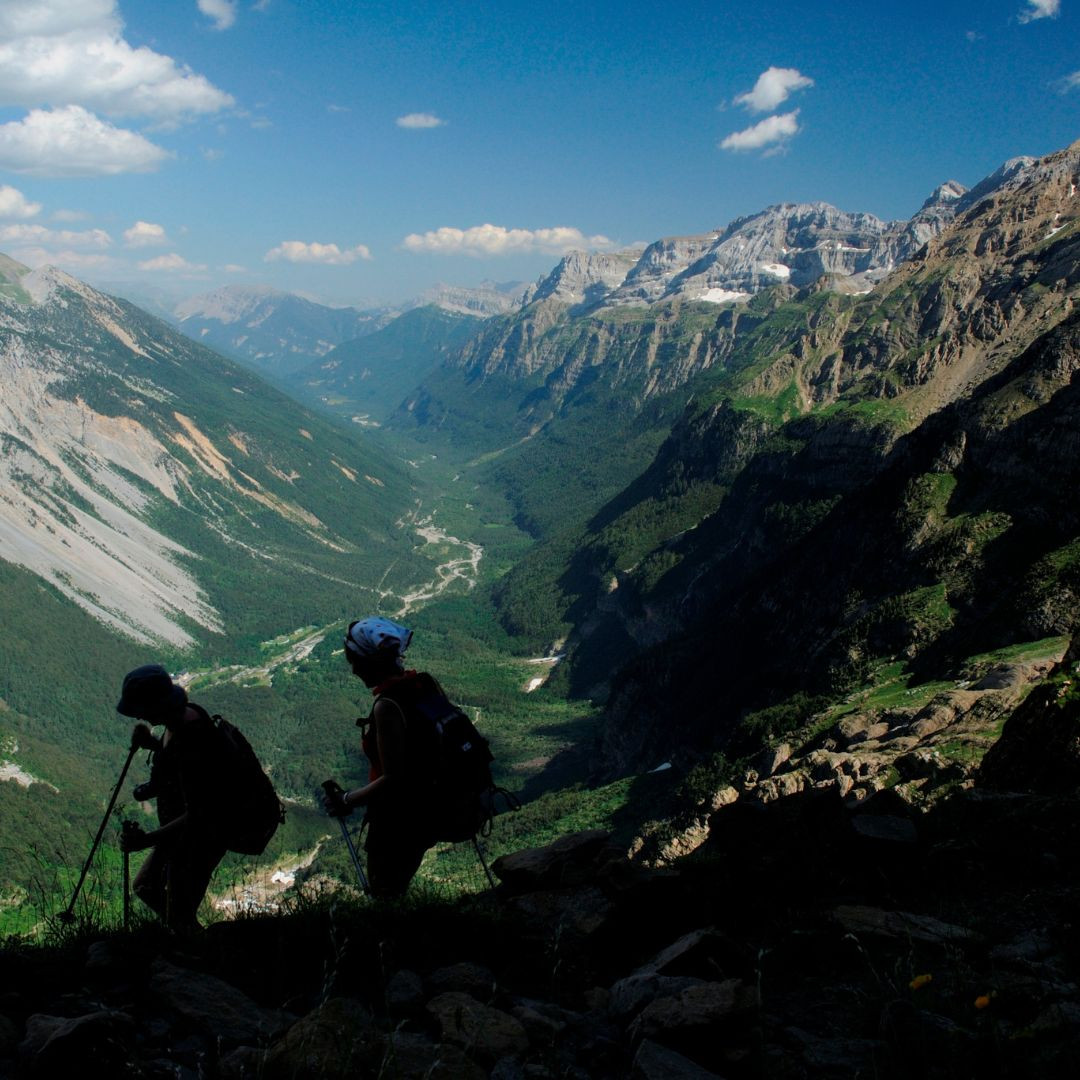Ecotourism, the new mode of tourism emerging in post-pandemic Spain
21 September, 2022Ecotourism already existed as a minority form of tourism before the pandemic, but the arrival of health restrictions with the advance of COVID-19 meant that from the second half of 2020, those who could travel opted for non-massive activities and, above all, those in contact with nature. It was a welcome contrast to months of confinement and curfews.
And this circumstance added to an already growing trend towards sustainable travel. As a result, ecotourism is receiving both greater visibility and a massive boost. “Before, many people only thought of holidays at the beach, but now they see that they can be enjoyed in natural environments, both in summer and at other times of the year”, explained Amanda Guzmán, manager of the Spanish Ecotourism Association.

“Our natural spaces are a real jewel in our crown. They have marvellous species, landscapes, traditions and gastronomy. All we have to do is maintain it and offer a quality service, and travellers will come on their own”. As a result, it’s important that “we direct these flows of visitors, which are hugely beneficial for the territories, to decongest the most overcrowded areas and so that the lesser-known areas can also receive their positive economic impact”, Guzmán pointed out.
“Ecotourism involves travelling to a natural area, getting to know it, discovering it, enjoying it and exploring it, while also appreciating it and contributing in a practical way to its conservation, without impacting on the environment, and having a positive effect on the local population”, according to the official Daimiel Ecotourism Declaration in Spain, which is used by the Secretary of State for Tourism.